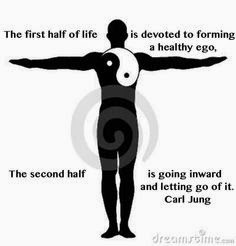
India is a $1.4 trillion economy with a per capita income of $1000 odd. We tend to forget this when we crib about the facilities that the Government provides when we (read: a thin slice of the population with exposure to the West) compare our health facilities, roads, schools and welfare systems with those of Western countries like England, Germany, France and US. They are all $25000 odd or more per capita income economies. India is still way too behind.
Similarly, we fret and fume about the abysmal state of democratic institutions and the corrupt and squabbling politicians. But we are again comparing ourselves with countries which have a history of 200 to 300 years of democratic institutions and almost 100% literacy and single languages. India is still about 67% literate, has a maddening mix of cultures and languages with caste and religion thrown on top – a nightmare for governance.
It is good to be discontented and only this discontent will lead to progress but we need to accept the truth and realities too.














